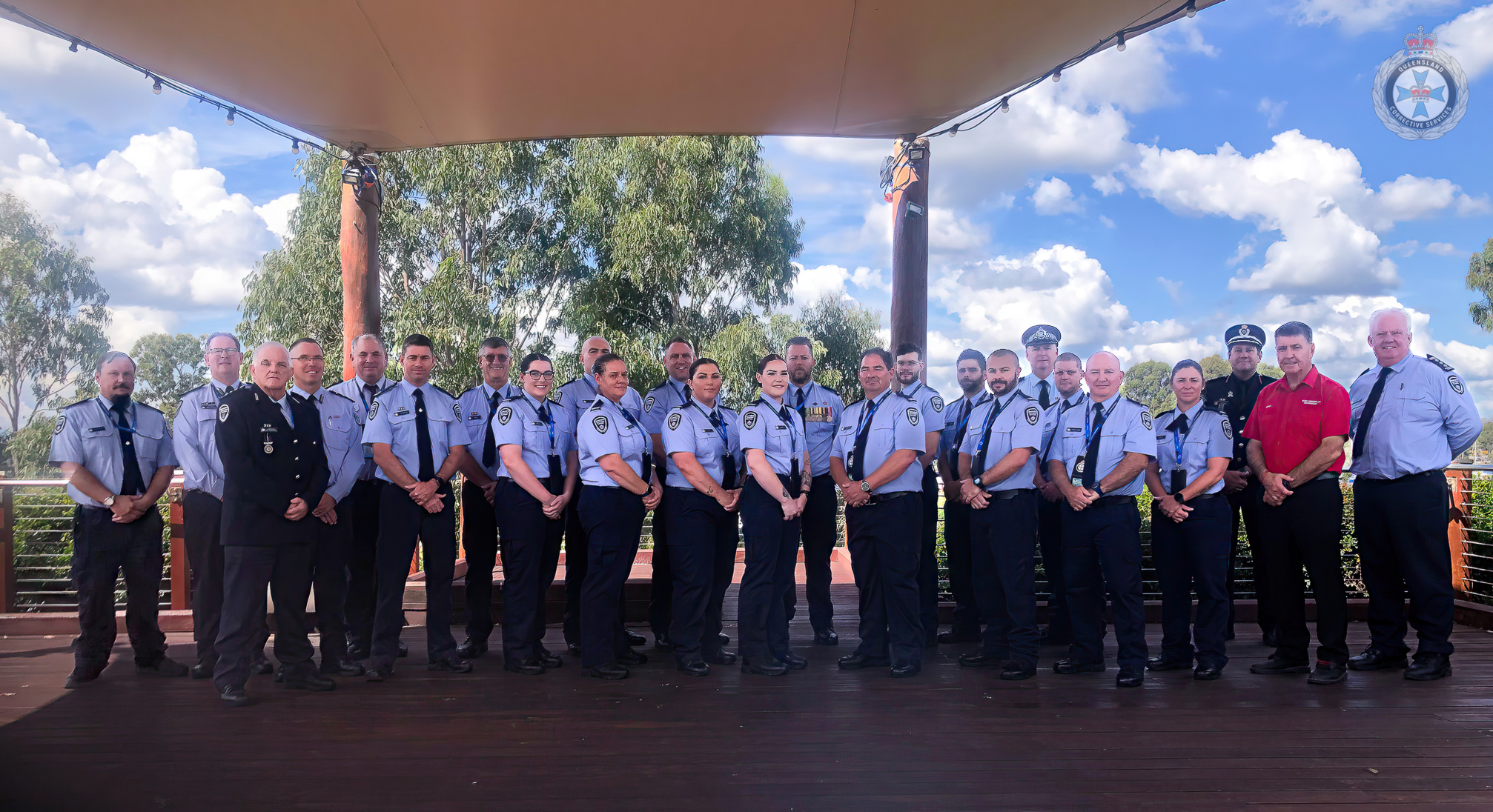In response to COVID-19, the Therapuetic Goods Administration (TGA) has received a significant number of applications from sponsors (the person or company legally responsible for the product) and manufacturers for the inclusion of thermometers in the Australian Register of Therapeutic Goods (ARTG).
The following guidance is designed to support:
- manufacturers with ensuring their thermometer meets all relevant regulatory obligations
- sponsors with submitting their application for a thermometer to be included in the ARTG.
Classification of thermometers
Before you submit an application for inclusion of a thermometer in the ARTG, you should establish the classification of your product. An online classification tool is available to help you determine the classification of your device in accordance with the classification rules as set out in the Therapeutic Goods (Medical Devices) Regulations 2002 (the Regulations).
While the classification of your thermometer will be dependent on the design, duration and intended purpose of the device, generally:
- clinical thermometers that are not battery-powered, such as glass and mercury, will be regulated as Class I (measuring) devices
- battery-powered digital thermometers, such as infrared or electronic thermometers, that work by converting energy from electric/infrared light/radiation to thermal/heat energy will be regulated as Class IIa devices.
Note
It is your responsibility to ensure you submit your medical device application under the correct classification.
Applications made using an incorrect classification will fail preliminary assessment and your application fee will not be refunded.
Manufacturing thermometers
If you are manufacturing thermometers for use in humans your product will meet the definition of a medical device and will need to meet the regulatory requirements under:
- the Therapeutic Goods Act 1989 (the Act)
- the Therapeutic Goods (Medical Devices) Regulations 2002 (the Regulations)
- the Therapeutic Goods Regulations 1990.
All classes of medical devices need conformity assessment evidence before they can be manufactured and supplied. Conformity assessment is the systematic and ongoing examination of evidence and procedures to ensure that a medical device (including in vitro diagnostic medical devices) complies with the Essential Principles. The Essential Principles relate to aspects of the device including its design and construction. Demonstrating compliance with the Essential Principles establishes that the product is safe and fit for its intended purpose.
Manufacturers of all medical devices (including in vitro diagnostic medical devices) manufactured and/or supplied in Australia should ensure that they have:
- appropriate conformity assessment procedures in place for the device
- appropriate documentation demonstrating compliance of the device with the Essential Principles.
Compliance with the Essential Principles can be demonstrated by showing that your product meets an applicable standard.
Note
Although the use of standards to demonstrate compliance with the Essential Principles is not mandated under the Regulations, the TGA recognises certain standards to assist manufacturers in complying with the conformity assessment procedures and the Essential Principles.
Supplying thermometers in Australia
If your product meets the definition of a medical device and you intend to supply it in Australia, you will need to ensure your product is included in the ARTG before you import or supply your product. The following guidance aims to assist you with including your device in the ARTG, thereby allowing you to supply it within Australia.
Note
The sponsor of a medical device is the legal entity responsible for the importation and/or supply of the device within Australia. Sponsors must be an Australian based legal entity.
The guidance below for including a medical device in the ARTG is a summary only. For the full guidance, see Medical device inclusion process.
| Steps | Actions |
|---|---|
Step 1 | Complete an organisation details form |








